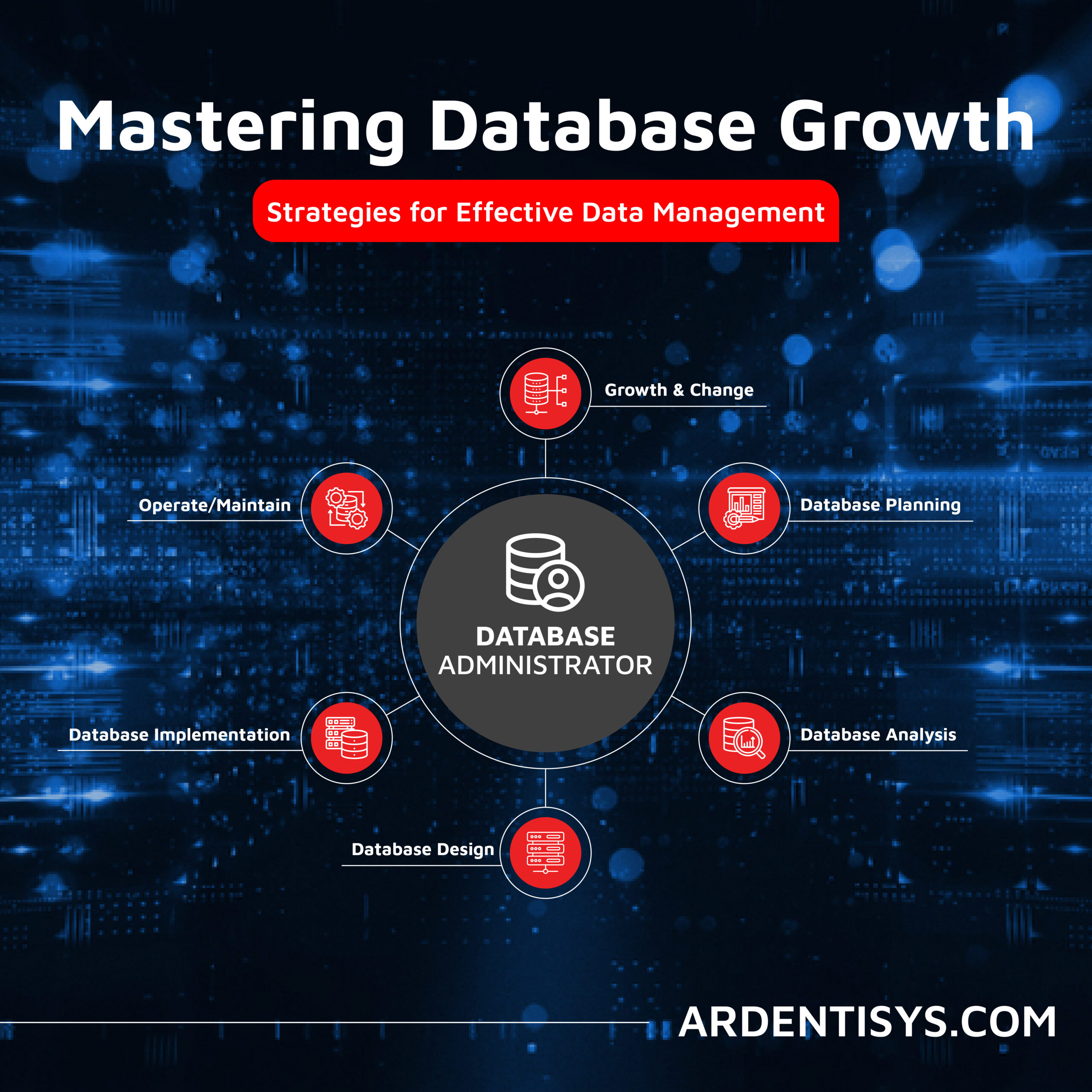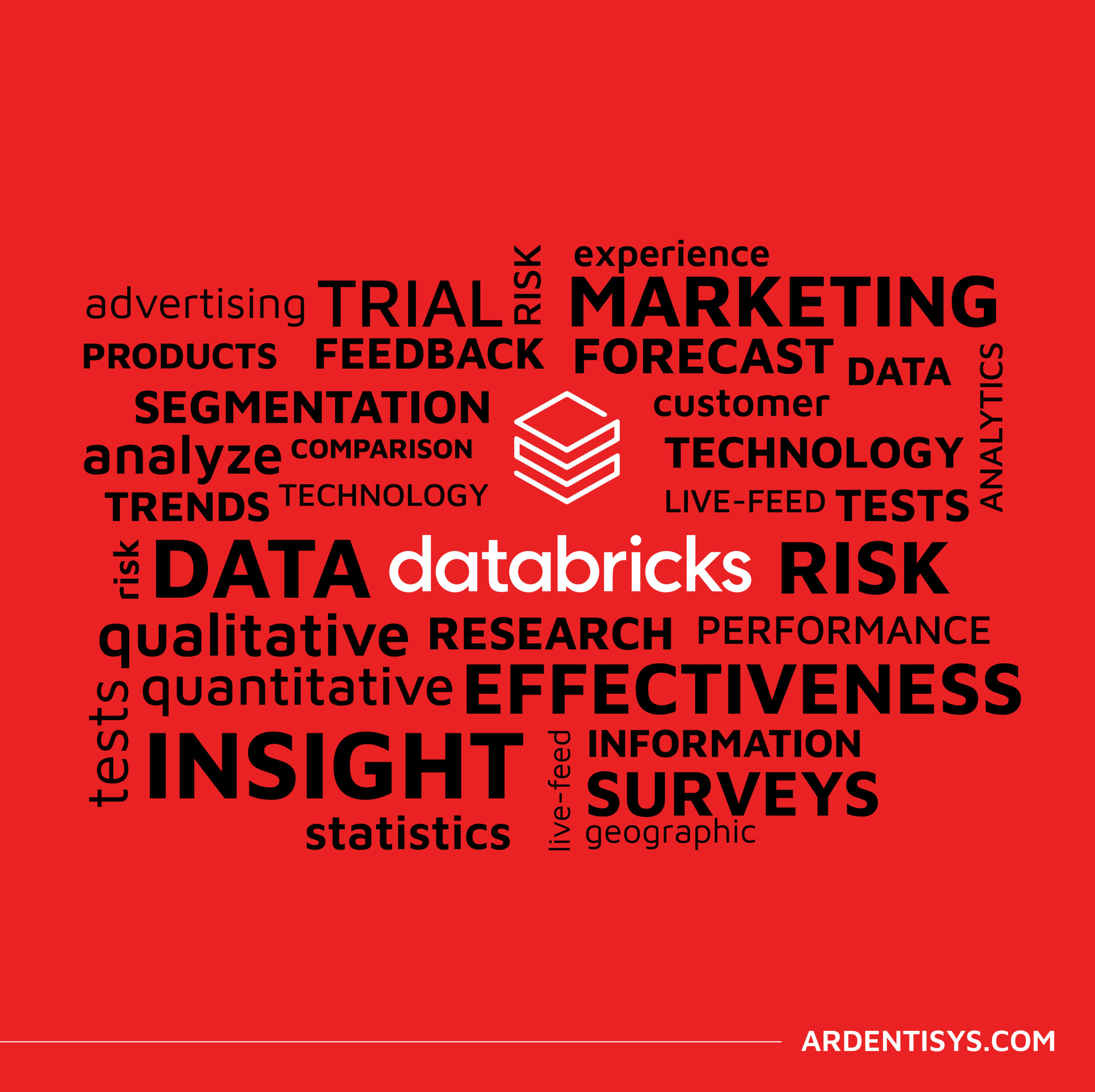Why you need a data warehouse for your data
17 October 2022 | Noor Khan
Modern businesses create and process a lot of information from a lot of different sources. It can be difficult to make the best use of this data when you have to track down all the relevant channels, have multiple systems and servers to search, and need different skill sets to operate each platform.
In order to streamline your time and use the information you have gathered to its fullest potential, having a central hub and reliable access to metrics and other measuring tools can make all the difference. This is where data warehousing services come in.
What is a Data Warehouse?
As the name suggests, a data warehouse is, at its core, a central location which houses all of a company’s data. This data is drawn in from multiple locations (as many as the company sets up the service to handle), and makes this data accessible, searchable, organised, and available for more complex tasks – such as generating reports, forecasting trends, training machine learning models, and feeding data to Business Intelligence (BI) tools.
Read more about the data warehousing architecture.
What are the key benefits of using a Data Warehouse?
There are multiple benefits to utilising a data warehouse, especially as there are a range of different platforms available – allowing data engineering teams to choose the technology that meets their specific needs, functions with compatibility to their existing data, and can be operated with their personal level of experience. Some other key benefits include:
Efficiency
The first key benefit that comes from data warehousing is efficiency – a company can centralise their data collection, ensure that it’s compatible with their needs, and search through the content without having to analyse multiple sources. This also has the benefit of saving time, and budget, as less time will be required to identify critical data.
In-depth analysis
The second key benefit comes from being able to perform high-level analysis and comparative research into the content. Decision makers can use the data to conduct SWOT (Strength, Weakness, Opportunity, and Threat) analysis for their business, or to derive insights from data trends.
Business Intelligence
Thirdly, the data warehouse can act as a support for operational processes, such as being able to consolidate research, financial data, or sales results. This can provide fast, accurate insights into a company’s core processes, and identify areas of cost-saving, development, or restructuring within the business.
What are the main Data Warehouse technologies to utilise?
Depending on the size of the organisation, and the skill level of the technician operating the data warehouse, there are multiple options – and the best fit for a company will depend on their specific needs.
Some of the most popular data warehouse solutions include:
Amazon Redshift
A scalable service which is suitable for small businesses as well as larger companies.
Find out more about our Amazon Partnership.
Google Big Query
A serverless multi-cloud data warehouse which is suitable for medium and large businesses.
Microsoft Azure SQL
A cloud-based relational database, supported by over 100 different services and tools. Suitable for small businesses and scaling upward.
Find out about our Microsoft Partnership.
Choosing the right technologies
The technology you choose should be suitable for your immediate business needs, but also capable of scaling upwards as your business grows. By carefully identifying what you want to achieve, and working with experts who know the technology intimately, you can improve your business and drive your data to better use.
Ardent data warehouse service
Our engineers have worked with a wide variety of clients to architect high-performing, secure and scalable data warehouses to meet business goals and requirements. With data engineers proficient in world-leading technologies including Microsoft and AWS, we can help you uncover powerful insights and unlock the potential of your data with our data warehouse service. Get in touch to find out more or to get started.
Explore our data engineering services.
Ardent Insights

Overcoming Data Administration Challenges, and Strategies for Effective Data Management
Businesses face significant challenges to continuously manage and optimise their databases, extract valuable information from them, and then to share and report the insights gained from ongoing analysis of the data. As data continues to grow exponentially, they must address key issues to unlock the full potential of their data asset across the whole business. [...]
Read More... from Why you need a data warehouse for your data

Are you considering AI adoption? We summarise our learnings, do’s and don’ts from our engagements with leading clients.
How Ardent can help you prepare your data for AI success Data is at the core of any business striving to adopt AI. It has become the lifeblood of enterprises, powering insights and innovations that drive better decision making and competitive advantages. As the amount of data generated proliferates across many sectors, the allure of [...]
Read More... from Why you need a data warehouse for your data

Why the Market Research sector is taking note of Databricks Data Lakehouse.
Overcoming Market Research Challenges For Market Research agencies, Organisations and Brands exploring insights across markets and customers, the traditional research model of bidding for a blend of large-scale qualitative and quantitative data collection processes is losing appeal to a more value-driven, granular, real-time targeted approach to understanding consumer behaviour, more regular insights engagement and more [...]
Read More... from Why you need a data warehouse for your data






